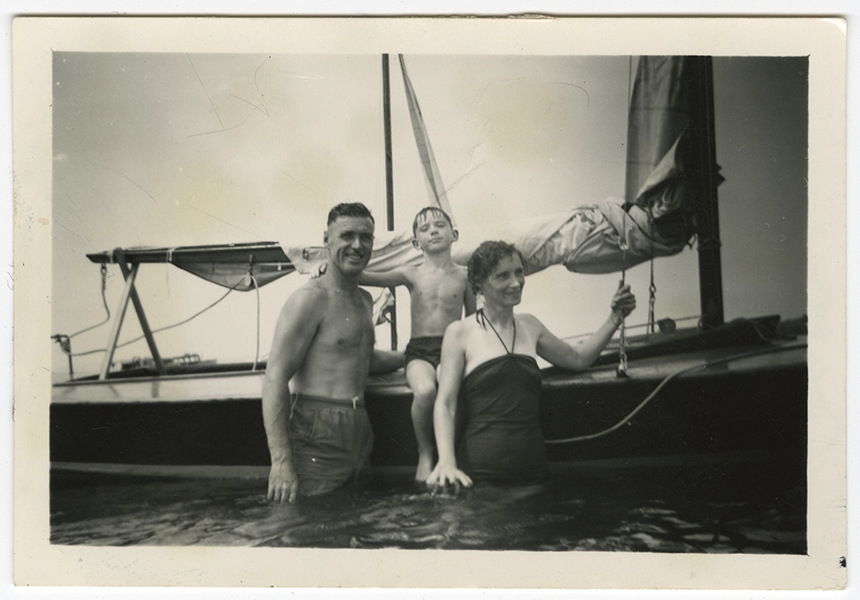At 16 I was a very slim, pale fellow with Buddy Holly glasses and very thick pile of dark hair, and I was embarking on an amazing awakening. I’d been at boarding school, 2,000 miles from home, since I was 11 and been mildly depressed, though I didn’t have the analytical tools to recognise it, to even say it to myself. But around the age of 16 I realised that although it was school, I was in the most extraordinarily lovely place, in a beautiful stretch of Suffolk on the River Orwell. I was waking up to literature, reading a lot of poetry and music. I was listening to Bach for the first time. And a lot of jazz and the electric blues. I became wildly excited about life, roaring on all fronts.
The great lack in my life of course, at my all-boys school, was the opposite sex. So a lot of longing was channelled into this love of music and books. Huge sublimation was obviously going on. It was slightly unnatural. At 16 a very charismatic English teacher told me I was clever and I suddenly felt clever for the first time in my life. He introduced me to Graham Greene, Iris Murdoch, Brian Aldiss, William Golding. I became very earnest and serious. And began to get the idea that the study of English literature was like a priesthood and I was going to dedicate myself to it and probably get a job teaching English one day.
I used to look forward to going home for the holidays but within a week I’d be restless and bored because there were no kids around. My father, a military man, was stationed in Germany, so since I was about 12 I would make the journey from Suffolk to Germany – boat, then train. I was very fond of my parents, they were very kindly. But the things that were fascinating to me were quite alien to them. They both left school at 14, and had a lovely commitment to my education.
However, the things that education gave me, that love of literature and the arts, didn’t mean much to them. That gave me a bit of arrogance which I condemn myself utterly for now. I went through a five-year stretch of thinking anyone who hadn’t read The Wasteland wasn’t worth talking to. How unbearable of me.
Much later on I saw the full humanity of my parents. And I saw that they were shaped by two great forces I’d been very lucky to avoid; the Great Depression and the Second World War. I realised a lot of my generation’s parents had stared into the abyss. They’d seen death on a scale that was unimaginable to our generation.
You are in a life with no danger and you must appreciate that people who have been in real danger find comfort in routine.
And so when it all ended, and the country began to get a little more prosperous, they clung to ordinariness, stability and regularity. Things that seemed like the most boring thing in the world to me, like polishing a car, I later saw how that was soothing for a man who had been through slaughter. So I’d love to send that message back to my younger self; you are in a life with no danger and you must appreciate that people who have been in real danger find comfort in routine. What did we do? Grow our hair and walk around with no shoes on, smoking a bit of dope, thinking we were on the cutting edge of experience. Nonsense.










